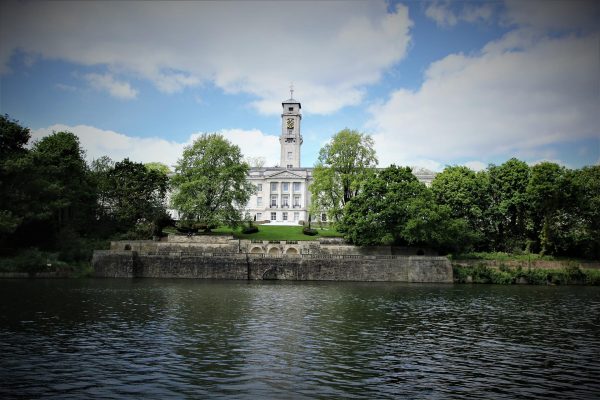27.01.23

Most student house contracts are shorthold tenancy agreements. They usually last for 12 months, and they often run from 1 July to 30 June in the following year.
Unfortunately, it’s standard practice for student contracts to last for 12 months, which of course means you’ll have to pay for the summer months – even if you don’t intend to stay in the house at this time.
If this is a problem, talk to your landlord or letting agent. They may offer you a concession for the summer months. You’ll still have to pay something, but at least you’ll get a discount.
Alternatively, some students wait until the late summer before they sign their housing contract. In this case, you may be able to sign a 10 month contract. It might begin at the start of term, on 1 September, and again end on 30 June the following year.
Just bear in mind that the later you leave your housing situation, the harder you might find it to get a place that ticks all your boxes.
Head here to read our full guide to the best time to start looking for your student house.
Once you sign your housing contract, there’s no going back. So it’s important to ensure that everything’s in order before you put your name on that dotted line.
This will tell you the precise start and end date of your tenancy. It will also tell you on what date each month your rent will be deducted, including the date of your first payment.
Also check what your obligations will be under the terms of the contract, and whether you agree with them. If there’s anything in there that you think’s out of order, then now’s the time to discuss it!
Don’t enter into a legally binding agreement unless you’re absolutely sure you’ll be able to make your rent payments.
You’ll have to pay a deposit before your tenancy begins. This could be one month’s rent, or it could be a little more, such as five weeks’ rent.
Never pay a deposit before you sign your housing contract. And also ensure that your landlord’s protecting your deposit with a government-backed deposit protection scheme.
Tenancy fees are now illegal in England, Scotland and Wales. You shouldn’t have to pay any money for reference checks, or admin, or any other processes. However, some agencies charge holding deposits to reserve the property until you sign the tenancy agreement. This is capped at one week’s rent.
You may have to specify a guarantor – someone who’ll agree to pay your rent for you should you be unable to, for whatever reason. Most students put their parents down as their guarantors.
It’s best that every person in the house signs an individual contract with the landlord. With the alternative arrangement, a joint tenancy agreement, you’ll all be held responsible for the property, and you’ll take group responsibility for rent payments.
This may seem fairer. But it can create problems if one of you wants to move out before the letting period’s over. In this case, unless you can reach a new agreement with the landlord, you may all have to vacate the property.
A studio flat is also a good option, if you’d rather live alone.
We have many guides on our site to help make your house hunt as easy as possible:
- Key questions to ask when viewing student houses
- How much does student accommodation cost?
- Tenant referencing – what do they check and how long does it take?
- How to set up bills in a student house
If you’re looking for safe and reliable student accommodation in Nottingham, look no further. We We’re all recent graduates ourselves, so we know exactly what students want and need out of accommodation.
Head here to find your new student home in Nottingham.
News & Blog
Keep up to date with the latest news from UNI2 Rent.

How to Budget as a Typical Student Per Week
Read More
Council Tax: Do Students Pay When Renting & During Summer?
Read More
How Many Students In University of Nottingham & Nottingham Trent
Read More





